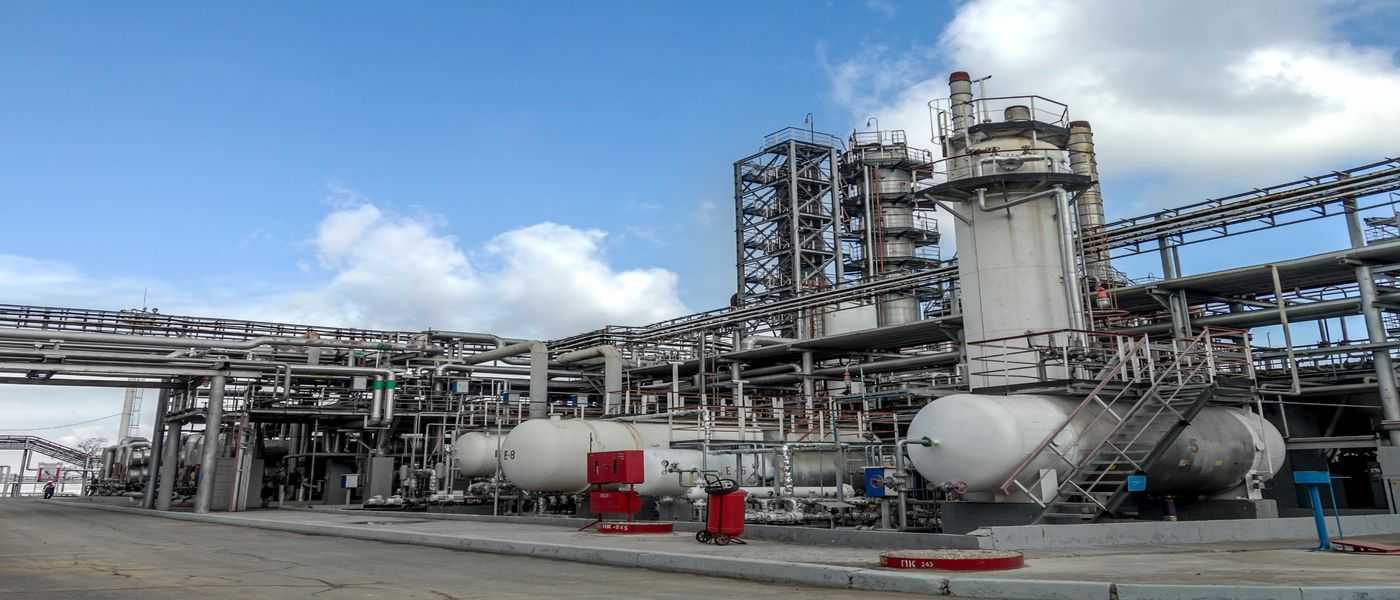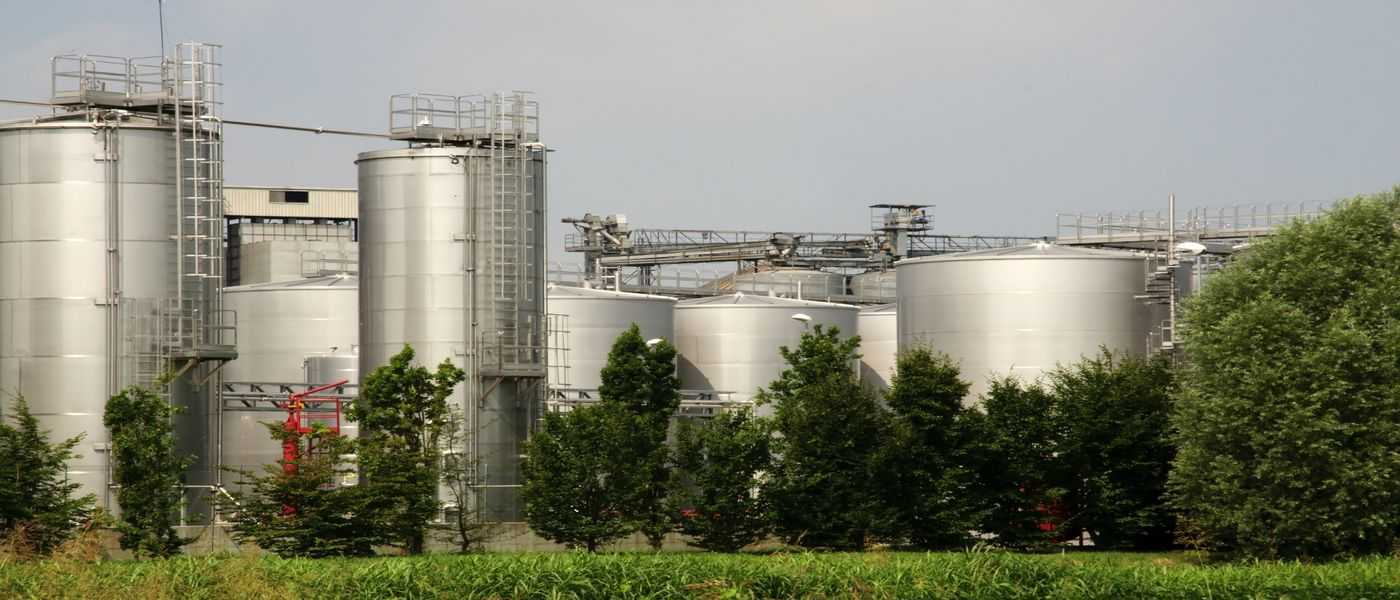About Project and Project Scope
The project envisages the construction and operation of a 30 ktpa biodiesel plant, producing fuel for automotive and heating use in compliance with the international standards.
Given an expected shortage of edible oil in the medium term period, the feedstock is assumed to be made of a mix of various recycled vegetable oils and animal fats. This will increase the value added and the operating margins.
The plant will mainly serve the local market. Domestic and European markets will be served on opportunistic basis.

Project Development
The investment will be implemented in three phases in accordance with the development of the feedstock sourcing:
Phase I -Initial development: design and build an expandable plant with an initial capacity of 15,000 tpa, not far above the expected initial availability of recycled feedstock
Phase II – Expansion: extend collection of recycled feedstock on the territory and increase the capacity to 30 ktpa.

Development of biodiesel in Italy
Biodiesel production in Italy was initiated in 1992 within a European project of Italian and French participants, which was funded by the European Commission.
Production was started with some smaller existing but non-dedicated methylester plants in Northern Italy, followed by a large-scale dedicated plant in the harbour of Livorno. This production site was built by Novaol, then an affiliate of Cereol, to treat both rapeseed and sunflower oil of fully refined quality.
In 1994 Biodiesel was fully tax exempt without any volume limitations. One year later the Italian Government introduced a limit of 125 ktpa for tax exemption.
The finance act of 2001 extended the tax exemption to 300 ktpa.
In 2002 the Italian production was 220 ktpa with an overall installed capacity of 600 ktpa. Due to a stable market demand, no additional capacity investments were planned in the short term.
.
